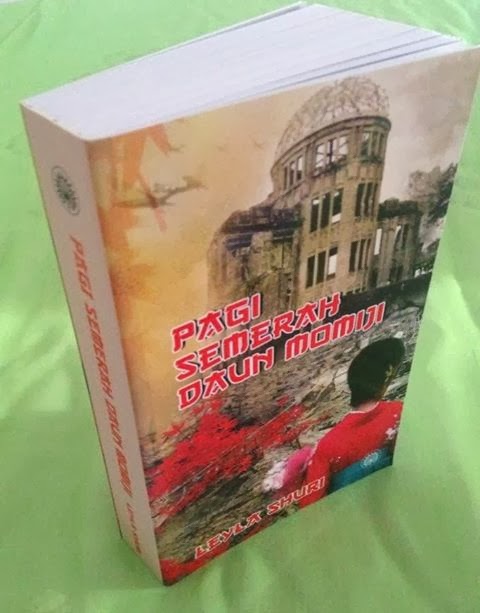 Today is the 4th of Syawal, I am still blinking. Don't know how I managed the whole week before the Raya and the cleaning up the days after.My family, or what is left on this island, wish all beautiful readers and closed friends, far and near:
Today is the 4th of Syawal, I am still blinking. Don't know how I managed the whole week before the Raya and the cleaning up the days after.My family, or what is left on this island, wish all beautiful readers and closed friends, far and near:Salam Aidil Fitri,
May we forgive and forget,
May we understand each other more,
May we mature and not make the same mistake over again.
(this goes for me as well).
With my mother passing away less than 3 months ago and without my two daughters with me, I could not celebrate Hari Raya. Could not!
I made up my mind not to go the morning eid solat, I didn't want to make cookies, I looked at the curtain and let the dust fly happily. During all the days of Ramadan, I stayed home, eventhough there were invitations for iftar together.
I know my actions and decisions were wrong. This is not Christmas, this is not Deepavali, this is Aidil fitri and I am part of it. Then 3 days before 1st Syawal, my brain snapped out of its cocoon.
Alone, I pulled out the flour, the sugar, the rollers and tried making something.
I did but my heart wasn't in the tarts. The pineapple jam just melt out of its fillings, the oat cookie was half-burnt, the blueberry roll cookie wasn't rolling and the peanut bites was hard enough to break a dog's tooth!
Ya Allah, I am into one of my deep depressions, take me out of it! I refused to switch on radios from Malaysia and Singapore, just so I don't have to listen to the raya songs. That can take me deeper into the dark valley in the deep oceans!
My otto somehow understand the "underflow" or lack of it, in this brain. He took me to buy flowers, he helped to clean and tidy the rooms and he went to get the meat for rendang and other raya dishes.
I was smiling quietly to know that most of the muslim friends on the American military base have gone home mainland and many students from JPA are still holidaying in Malaysia and no Malaysian from the JICA group.
So I told myself, "yeay, no cooking, nobody is visiting me!"
There and then, I decided to spend my first raya day at the hot pool spa.
Oh no, that wasn't the best plan arranged for me. One friend from Perak, told me she might bring in the whole contingent from Indonesia to my house.
With a surrendering sigh, out come the kerisik, serai and lengkuas. Soaked in the pulut and waited. Slowly, things just happened. The flow moved on in the right direction. Draggingly, I have to feel the beat, I cannot just drowned myself on this wonderful day.
I am sorry to say, I did not take any photos, neither did I hang those wishing raya cards that were from beautiful friends in Malaysia.
Those flowers in the photo above, are the only evidence of raya this year from this house.
footnote: a few more sessions in the hot pool spa might pull me out of this, so bear with me for a little while, thank you.


